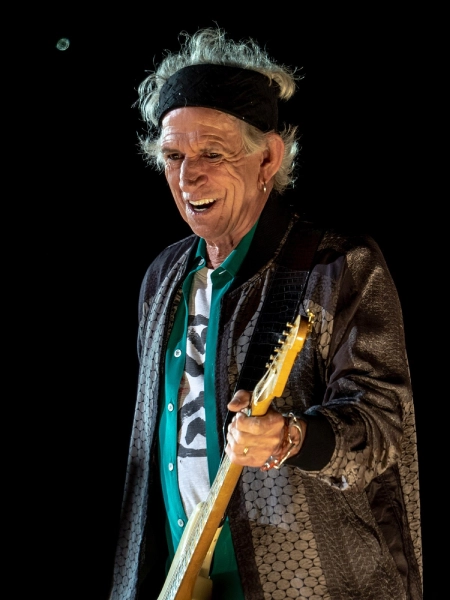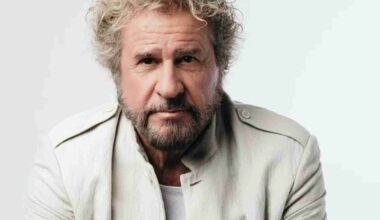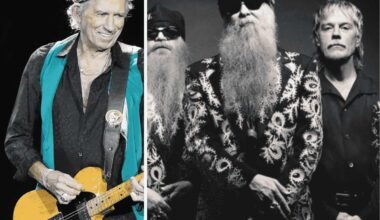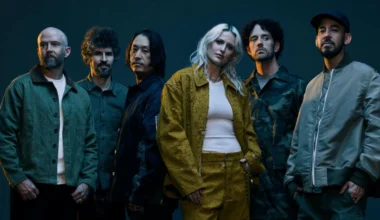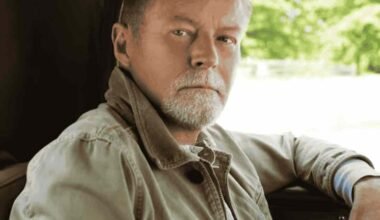Keith Richards is a man known for his outlandish behavior and no-holds-barred approach to life. After all, this is a guy who once went nine days without sleep because, as he put it, he was “feeling great,” who learned to ski while high, and who even snorted his father’s ashes because, according to him, his father “wouldn’t have cared.” For Richards, it’s not so much about being outspoken—it’s more that he never hesitates long enough to reconsider what he says.
This candidness has extended to his thoughts on The Beatles. Over the years, he’s expressed contradictory views about the Fab Four. On one hand, he’s said they’re “obviously” one of the greatest bands of all time. On the other, he’s referred to some of their work as a “load of shit.” And while it’s clear that rivalry plays a part in his appraisal, Richards has always acknowledged The Beatles’ significance. Yet, one of his critiques continues to echo with weight: the lack of a powerful live performance.
According to Richards, while The Beatles had incredible studio music, their live performances didn’t compare. He made this known in an interview with Radio Times, explaining that “musically, The Beatles had a lovely sound and great songs,” but when it came to live shows, “they were never quite there.” He pointed out that, despite having played 2045 shows with The Rolling Stones, The Beatles only managed 1471 performances, with 391 of those occurring in 1962 alone. By 1966, their live career was effectively over—ready to be replaced by their spiritual and experimental phase.
To Richards, not playing live is as un-rock ‘n’ roll as you can get. Music, to him, is about the exhilaration of the stage. The exchange of energy between the band and the audience is, in Richards’ words, “immeasurable” and, in some cases, “better than drugs.” He elaborates, joking that his drug-fueled songwriting doesn’t lessen the power of that live experience. For him, performing live is an essential part of the rock and roll ethos, something The Beatles—despite their brilliance in the studio—never truly achieved.
He understands the reasons behind The Beatles’ decision to stop touring—Beatlemania had made live shows nearly impossible—but that doesn’t change his belief. Richards sees their decision to stop performing as part of what diminished the raw energy that originally fueled their music. He argued that by abandoning the live stage in favor of studio experimentation, they lost the emotional power that came from live performances. “The Beatles sounded great when they were the Beatles,” he said, “but there’s not a lot of roots in that music.” In his view, they got swept away by the fame and never quite remembered what made them great in the first place.
Richards, for his part, has never wavered in his commitment to the live stage. His own music has always been about that release of energy, whether that’s through the rush of a live performance or another form of liberation. To him, the idea of retiring is “like killing yourself.” He’s never considered slowing down or turning in his guitar for good. After all, for Richards, the true test of rock ‘n’ roll greatness is in the stamina to outlast the competition, and in that eternal battle, The Rolling Stones are the last band standing.

